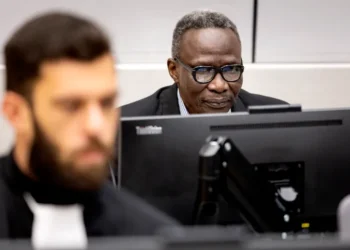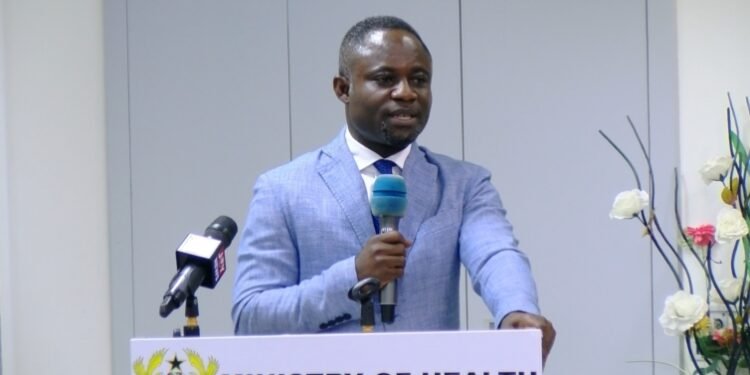In a raid on Friday, July 26, South African police detained 95 Libyan nationals at a suspected military training camp on a farm in White River, Mpumalanga province.
Authorities are investigating the nature and purpose of the training allegedly taking place at the site.
Police spokesman Donald Mdhluli emphasized that the detainees were not yet under arrest.
“We are not arresting them now, but we are taking them in for questioning and will investigate any criminal activity,” Mdhluli stated.
He pointed out that the site, though claimed to be a training camp for a security company, appeared to be a military base. The security company is owned by a South African national.
The raid, part of a larger operation that began two days prior, drew significant attention. Television footage revealed a strong police presence, including green military-style tents and sandbags outside the suspected camp.
National police spokeswoman Athlenda Mathe noted on X that the Libyan nationals entered South Africa on study visas, purportedly to train as security guards.
However, police investigations suggest they received military training. The affiliations of the 95 individuals remain unclear at this stage.
Major General Zeph Mkhwanazi, provincial commissioner of the South African police in Mpumalanga, underscored the seriousness of the situation. “We take any threat to the security and stability of our province and country very seriously,” he asserted. Mkhwanazi’s office confirmed that the investigation is ongoing and assured that there is “no immediate threat to community safety.”

Libya’s Instability
Libya has been mired in chaos since the 2011 NATO-backed uprising that toppled Muammar Gaddafi.
The country remains divided between rival administrations: the Government of National Accord (GNA) in the west and Khalifa Haftar’s forces in the east.
Despite a period of relative calm over the past four years, sporadic clashes between armed groups continue to disrupt peace efforts.
Senegalese diplomat Abdoulaye Bathily, addressing the United Nations Security Council on the situation in Libya, criticized the current leadership.
“The selfish resolve of current leaders to maintain the status quo through delaying tactics and maneuvers at the expense of the Libyan people must stop,” Bathily declared.
Bathily took his position in September 2022, following the sudden resignation of his predecessor, Jan Kubis, in November 2021.
The last national elections in Libya took place in 2014, leading to contested results and a split in governance. Multiple postponements of subsequent elections have been due to disagreements over constitutional amendments.
The United Nations Support Mission in Libya (UNSMIL), established by the UN Security Council in 2011, aims to facilitate a Libyan-led political process leading to national elections.
The precise intentions of the Libyan nationals in South Africa remain uncertain. They could be in the country for legitimate security training, acting as mercenaries, or supporting one of Libya’s rival governments.
Both the GNA and Haftar’s Libyan National Army have enlisted mercenaries from sub-Saharan Africa, including Chad and Sudan.
Additionally, Russia’s Wagner Group (now known as Africa Corps), the United Arab Emirates, and Turkey have been involved in supplying mercenaries, weapons, and equipment to various factions in Libya.
In June 2020, a UN Working Group warned that the increasing reliance on mercenaries and related actors had escalated the conflict in Libya, undermining the peace process and violating the UN Security Council’s arms embargo.
As the investigation into the detained Libyans unfolds, the potential implications of this case could extend beyond national borders, reflecting the broader complexities of Libya’s ongoing turmoil and the international community’s role in seeking resolution.
READ ALSO: Eduwatch Launches EDUFESTO 2024 Initiative






















